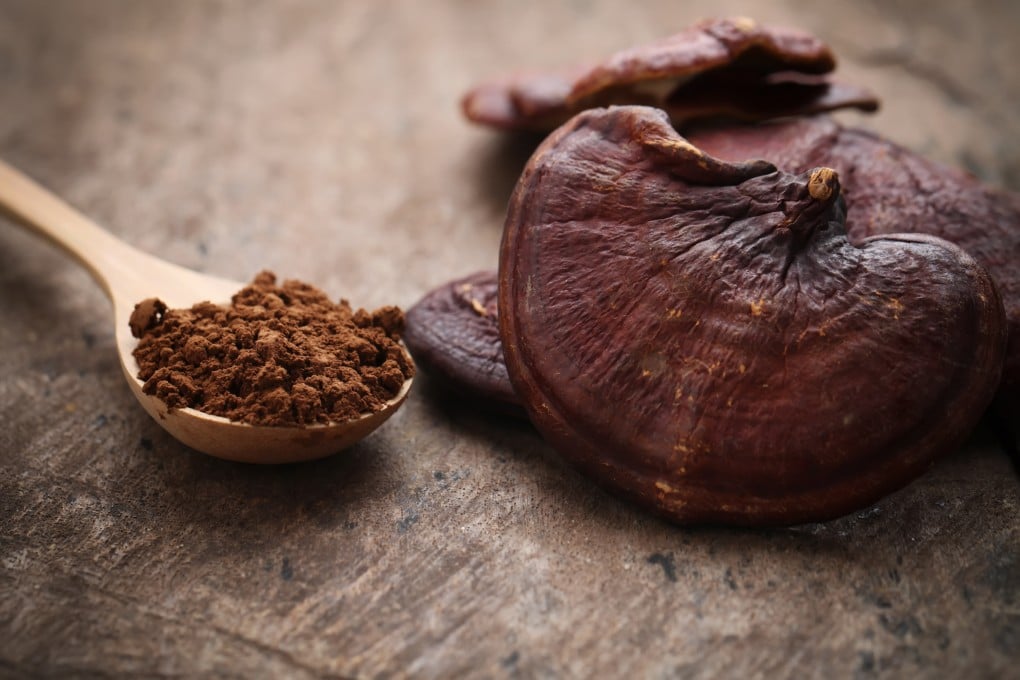The ABC of adaptogens and why they are a wellness trend: mushrooms, herbs and roots used for centuries in Ayurveda and traditional Chinese medicine good for anxious times
- Ginseng, holy basil and reishi mushrooms are all examples of adaptogens, used by Ayurvedic healers to restore vitality and in Chinese medicine as qi tonics
- Adaptogens are believed to benefit the whole body, to increase resistance to stress and relieve conditions such as asthma, diabetes, insomnia and intestinal gas

In these anxious times, it’s no surprise that adaptogens, plant-based substances that help the body adapt to stress and other ailments, are set to lead wellness trends in the coming years.
The Adaptogens – Global Market Outlook (2019-2027) report put their market value at US$9.8 billion in 2019, and said it is expected to reach US$19.2 billion by 2027. American grocery chain Whole Foods Market included adaptogens as one of its top food trend predictions for 2021.
What are adaptogens?
“Adaptogens help the body achieve balance and their healing role has been verified over time,” says Grace Yu, a TCM practitioner at Balance Health in Hong Kong.
“Now we’re seeing a revival of these plants, with more people using them to support their health.”

“In TCM, they’re known as qi tonics and in Ayurveda, rasayanas – rejuvenating herbs that restore the body’s qi, prana or ‘vitality’ and normalise physical, emotional and spiritual imbalances,” Lee says.
